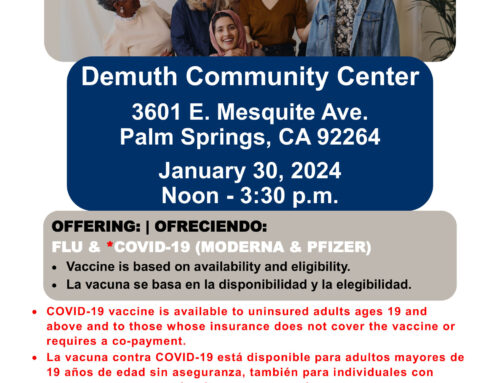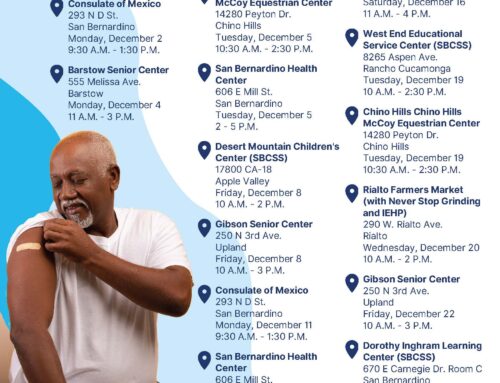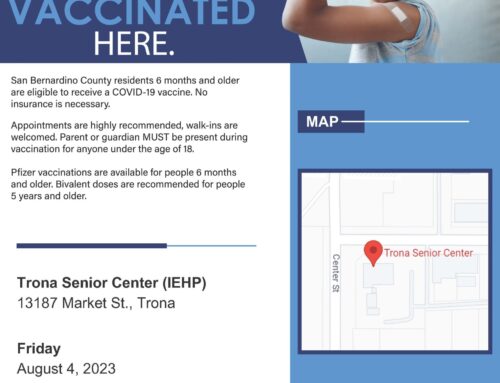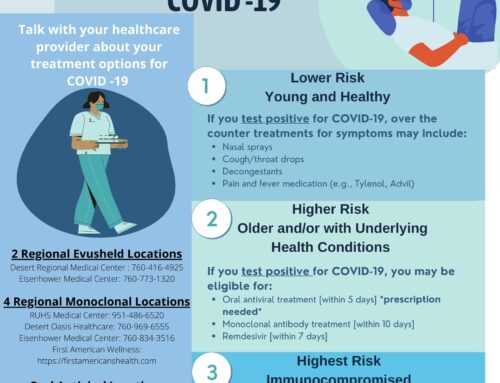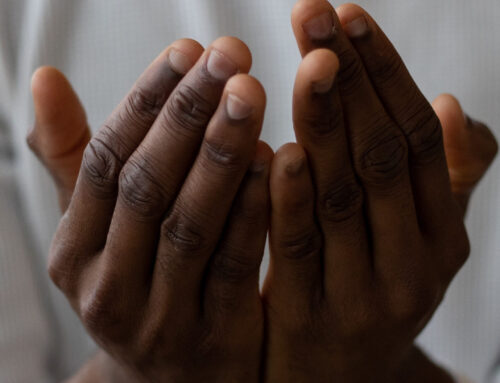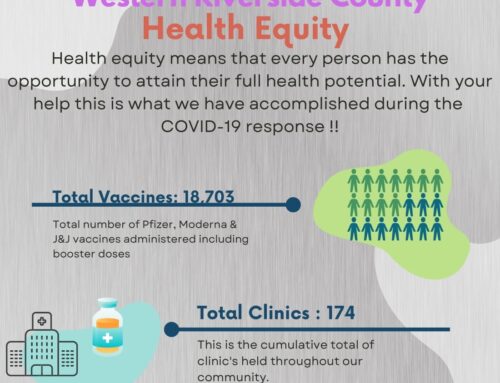
For some people, COVID-19 symptoms can last anywhere from four weeks to six months or longer after testing positive for the virus. Post-COVID conditions are physical and mental health problems that can be new, returning, or ongoing four or more weeks after having the COVID-19 virus, even in people who initially had no symptoms. These patients have been given the name “long haulers”. They may have in theory recovered from the worst impacts of COVID-19 and even have tested negative, however, they still have symptoms of what is being called “long COVID.”
Most people with COVID-19 will not become severely ill and will often get better within weeks of illness. And the likelihood of illness severe enough to warrant hospitalization is dramatically lowered by becoming fully immunized with one of the three safe and highly effective vaccines. However, it is estimated that anywhere from 15% to 80% of patients might experience long COVID after recovering—even if they were not extremely sick in the first place.
This condition can affect anyone – old and young, otherwise healthy people and those battling other conditions. It has been seen in those who were hospitalized with COVID-19 and patients with very mild symptoms. At this time there seems to be no consistent reason for this to happen.
What are the signs and long-term health problems of COVID-19?SARS-CoV-2 infection can leave some people with heart problems, including inflammation of the heart muscle. In fact, one study showed that 60% of people who recovered from COVID-19 had signs of ongoing heart inflammation, which could lead to the common symptoms of shortness of breath, palpitations, and rapid heartbeat. Other signs include:
What can you do?
Available resources and support: |





